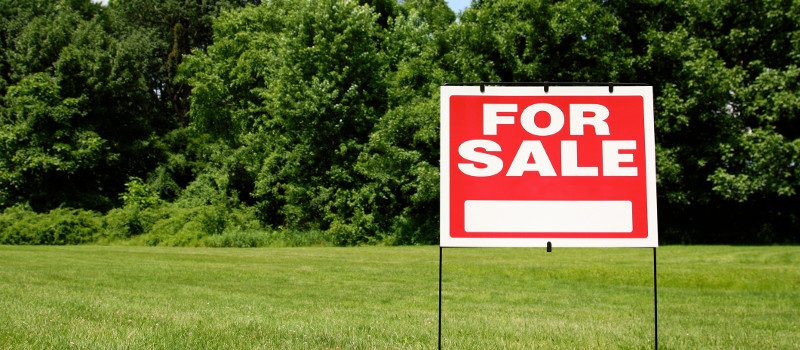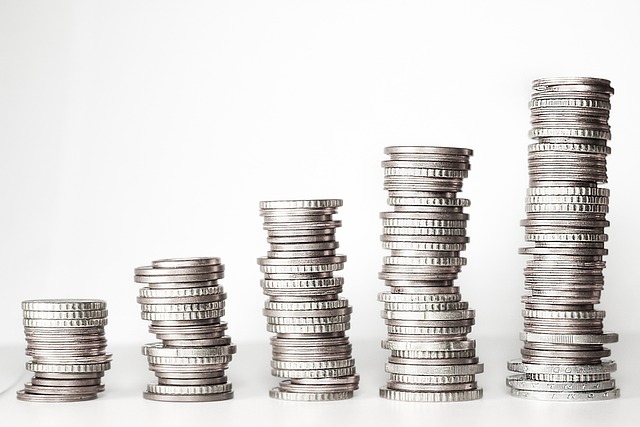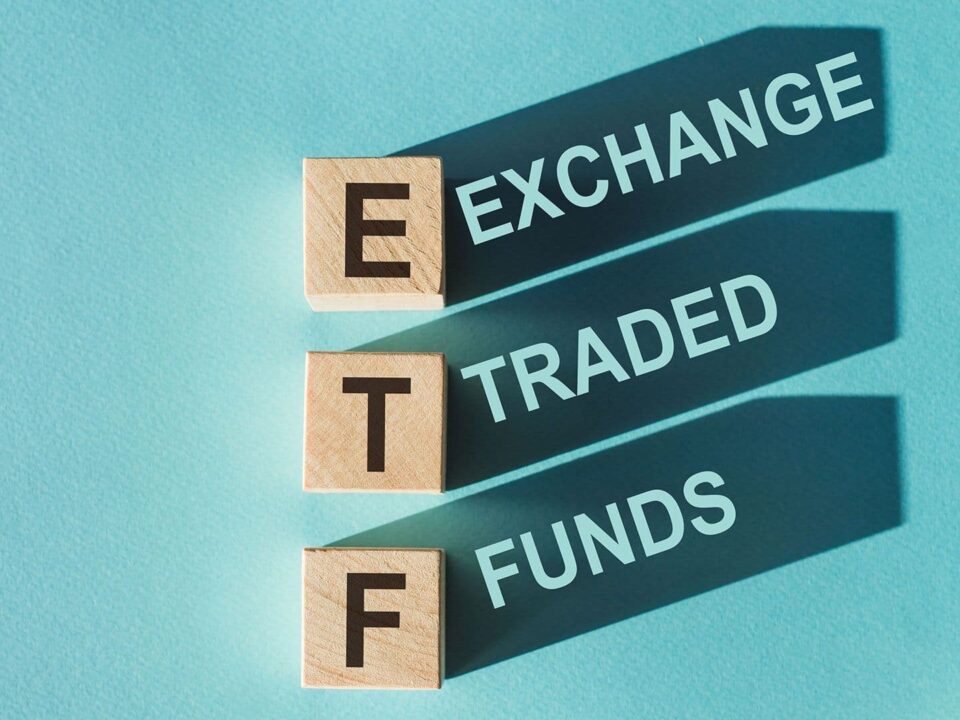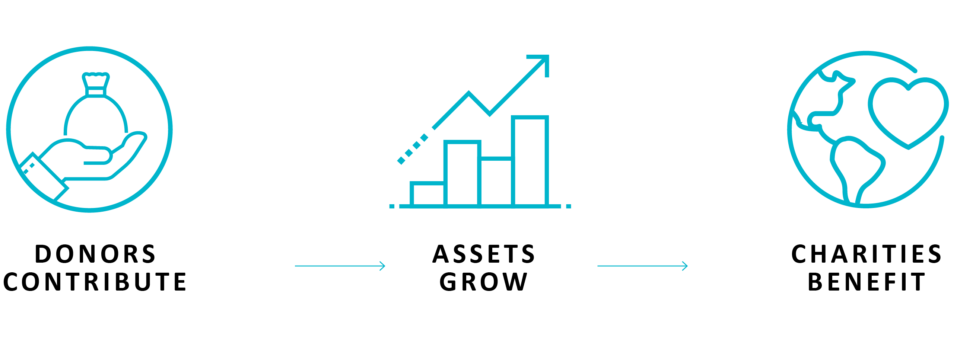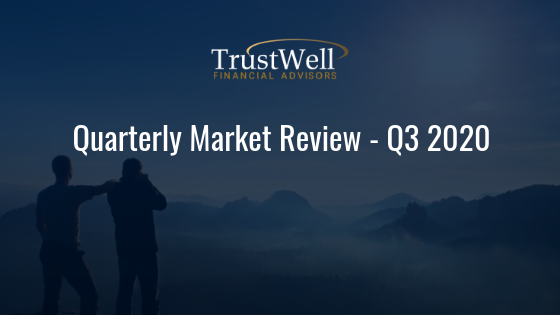
TrustWell’s Quarterly Market Review: Q3 2020
October 1, 2020
Using History to Help Determine Your Risk Tolerance
December 1, 2020By Chris Daunhauer
Mark Twain (or was it Will Rogers?) is purported to have said, “The thing about investing in land is that they aren’t making any more of it.” That’s not entirely true, (see China, the Netherlands, Dubai, and others) but it’s true enough and certainly widely believed. As a result, raw land (AKA undeveloped land or vacant land) has been a popular investment for thousands of years of human history.
There are pros and cons to buying land on speculation, and potential investors should consider them carefully before taking the plunge.
First, some Pros…
Land is a tangible asset that you can see and touch and perhaps (depending on its size, type, and location) use for recreation, storage, or some other purpose while you wait for a run up in its price. It’s also fairly permanent. Land may be damaged or lost through natural disaster or government action, but those are rare events.
Land can serve as an inflation hedge. Over long holding periods, land values tend to increase at about the rate of inflation.
It can also serve as a low beta diversifier in one’s investment portfolio. The value of most types of land (especially farmland) goes up and down, but it does not normally move in lockstep with the ups and downs of stocks or many of the other asset classes.
Finally, and this is its biggest appeal, land offers the potential for dramatic price appreciation.
And now, some Cons…
The first is that this price appreciation is not a sure thing. The market value of land is not immune to price swings and even crashes. This is true even in Florida and the rest of the South. It’s hard to imagine property values here in Florida ever going down, even by a little or for more than a few months, but that’s happened many times over the long span of Florida’s history. The housing crash of 2007 was a recent example as vacant lots became nearly worthless for a while. And in some areas, land values have gone way down and stayed down for many years. Never forget that land everywhere is still subject to the laws of supply and demand.
The amount of dry land on the earth is relatively fixed, but that land is almost infinitely divisible. Many thousands of people live on relatively small parcels in large cities, not because there’s no land anywhere else to live on, but because they choose to do so. It’s not a safe assumption that outlying areas can only increase in value over time as our population grows.
Land value is fundamentally determined by what can be done with it. And land use options can change based on government edict. Sprawl is a pejorative term, in other words, and zoning boards and other agencies are making it harder, not easier, to develop and use outlying parcels for what those officials consider less than optimal uses. The COVID crisis has made close-in, concentrated city living less appealing that it was a year ago. But future higher gas prices, worsening commute times, and contraction to job opportunities in city centers could push buyer sentiment the other way and make outlying areas less valuable just as quickly as COVID made them more so.
Vacant land is often hard to finance; much harder than already developed property with a home or commercial building or working farm on it. Lenders know the costs and risks inherent in vacant land, and don’t relish accepting it as collateral for a loan. When they do take on that risk, they make sure to charge a rate of interest that compensates them for it.
Beyond the ups and downs in land values, land has carrying costs in addition to any principal and interest payments due on acquisition loans. These carrying costs detract from expected returns. One of the largest of these carrying costs is annual property taxes, which tend to increase as the market value of the property increases. Another is the premium for liability insurance that you may need to carry on the land.
Land is illiquid – it cannot be converted to cash quickly via an active public market like stocks and bonds and mutual fund shares can be, and without dramatically reducing the price to draw a quick buyer. It’s also not easily divisible – you cannot easily sell off just a portion of most properties. And building your land holdings by making small additional investments is also difficult.
Land can be expensive to trade into and out of. There’s real estate agent commissions, surveys, title insurance premiums, transaction taxes, etc. and all of these costs (those that you pay when you buy land and those that you pay when you sell it) reduce your profit.
Raw land is almost purely speculative. It pays no cash dividends. It has very little utility until it’s developed, and it costs money for liability insurance and property taxes ever year while you wait. Most land sold at a large profit was held for a long, long time, it was located in an area that grew suddenly and unexpectedly, or it was purchased at a deep discount.
This last factor is increasingly hard to pull off, because the market for real estate in most places is “efficient” — There are lots of bargain hunters seeking properties of all types in every area, properties for sale are easy to advertise, easy to find, and easy to investigate, and as a result, it’s very hard to find a property that can be purchased for much less than its real worth. And properties that seem to be priced low may be cheap for a reason. A property that has not sold in a long time while being actively marketed is probably not a bargain and it may not even be “fairly” priced. Maybe there’s something the market knows about that property that some buyers aren’t thinking of yet. Not all properties are buildable per local authorities, some have use impairments or a cloudy title. Some are in flood zones, suffer from access easement disputes, or have hidden contamination, etc.
None of this is to say that vacant land is never a good purchase, or that the only investments you should own are paper assets like stocks, bonds, mutual funds and CDs. Just go into any potential land purchase with eyes wide open, having counted the costs and the risks, and prepared for the ups and downs inherent in any asset class.
Call us if we can help you make a good decision.

